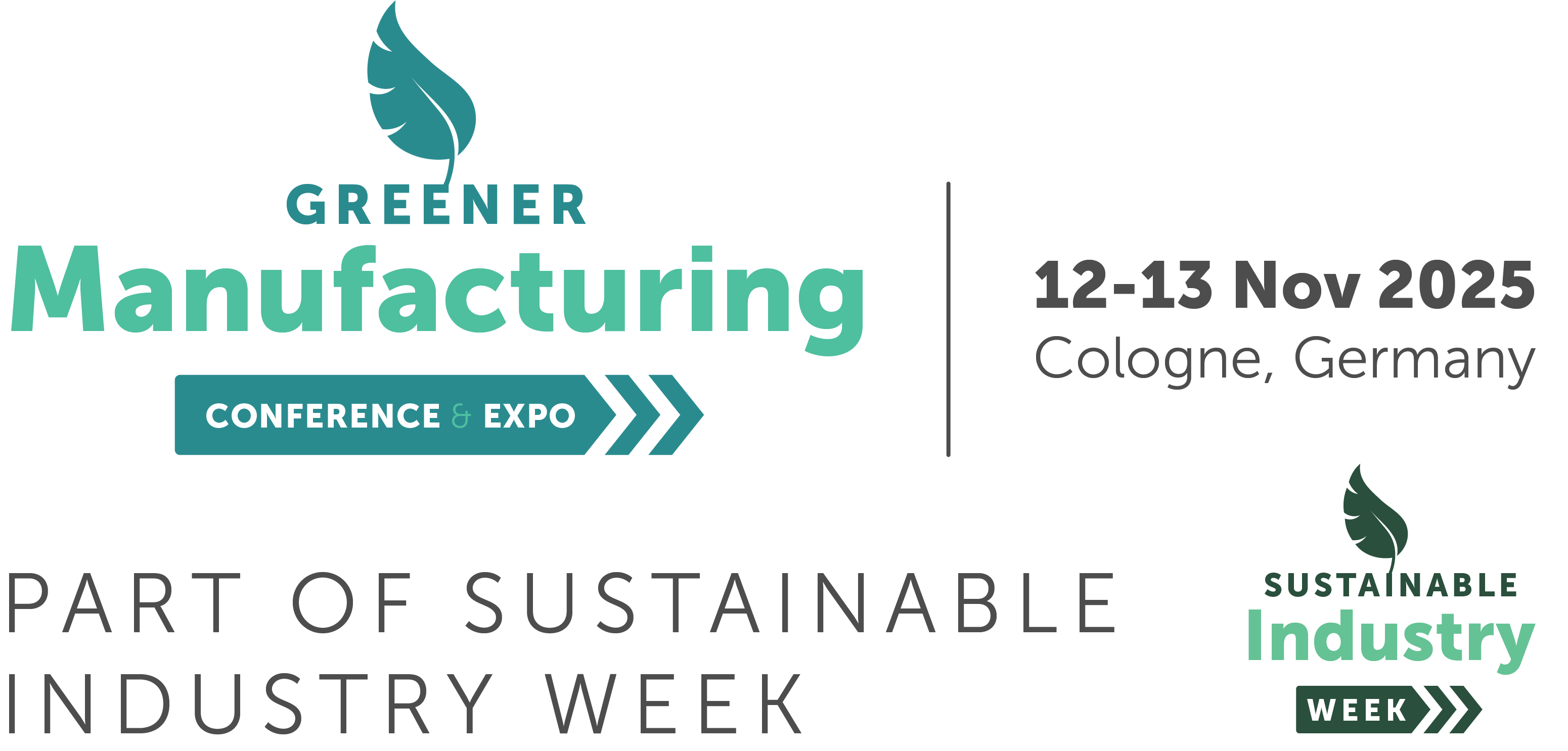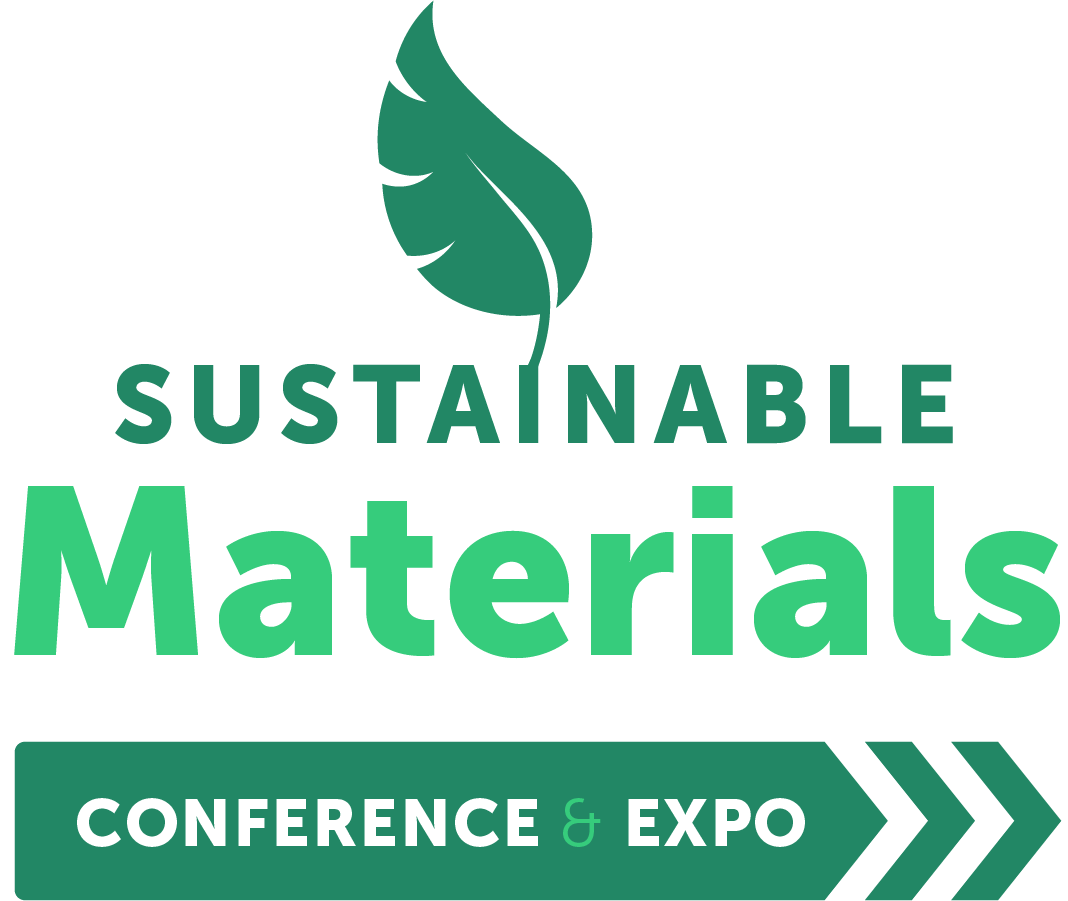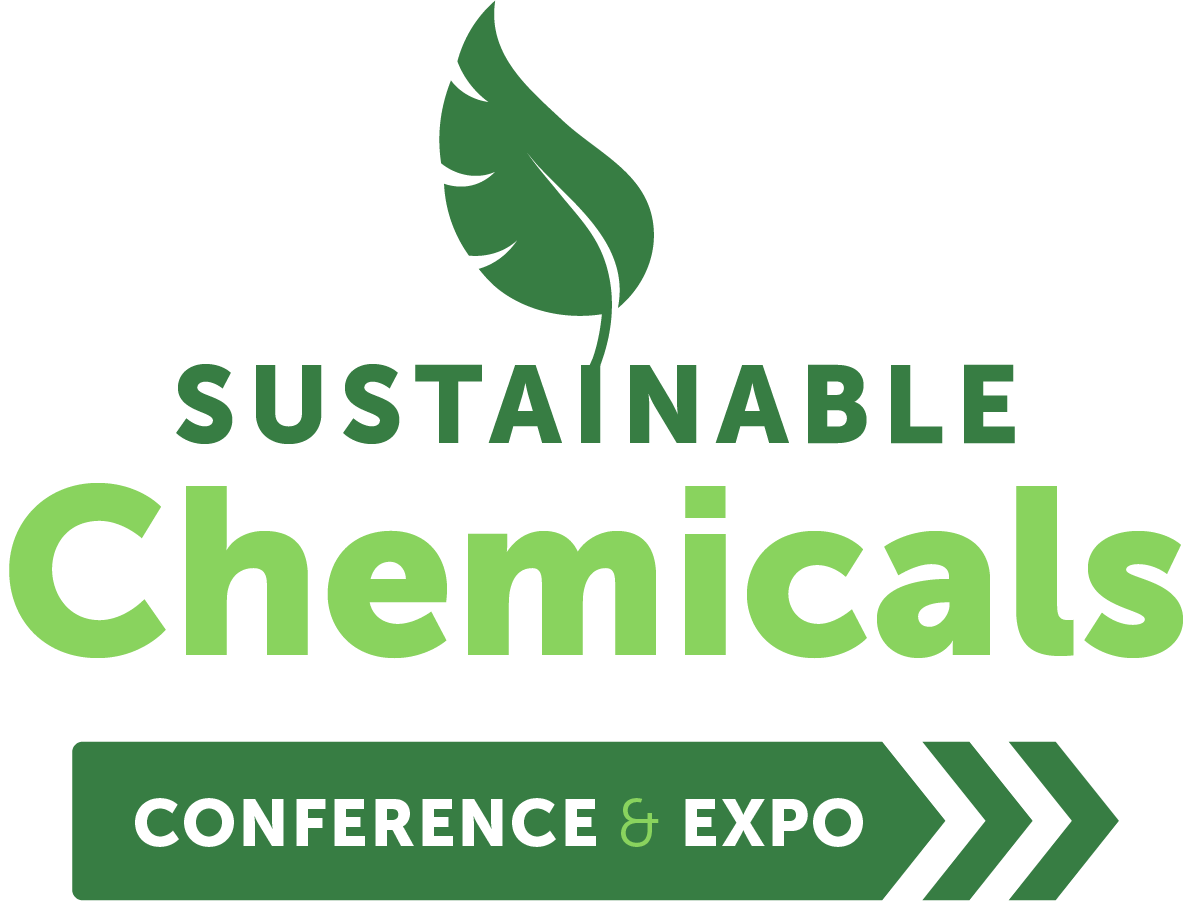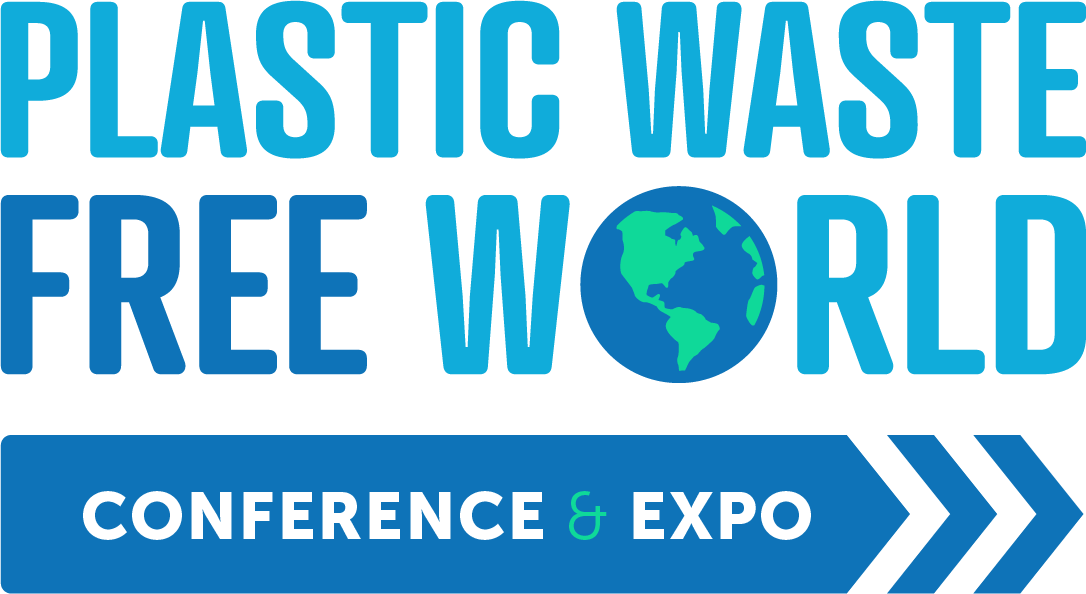A Round Up of New Environmental Deals and Regulations
)
In December, EU legislators reached agreements to pass laws that ban selling products linked to forest destruction and to impose carbon border measures to prevent carbon leakage. In Montreal, a landmark agreement was reached to protect 30% of the Earth's land and water by 2030 at the UN biodiversity summit.
EU consumption is responsible for around 10% of forest loses, according to the UN Forest and Agriculture Organization. Once passed, a new law will mandate that all companies issue a due diligence statement to sell products like coffee, cocoa, and wood within the EU market. If vendors are linked to deforestation, they are banned from exporting and importing within the EU.
“The EU is a large consumer and trader of commodities that play a substantial part in deforestation – like beef, cocoa, soy and timber,” said Marian Jurečka the environment minister from the Czech Republic, which negotiated on behalf of the 27 EU countries.
“Protecting the environment around the world, including forests and rainforests, is a common goal for all countries and the EU is ready to take its responsibility,” he added.“The great specificity of this law – and this is a world first for palm oil, cocoa, coffee, beef, and rubber – is the obligation to have a certificate based on satellite images and GPS coordinates to know exactly where the commodity comes from,” Canfin explained.
“When you arrive on the EU’s internal market – at the port of Amsterdam or Le Havre – you must show this certificate. And if you don’t have it, you can’t go in”.
Another significant deal, focussing on the Carbon Border Adjustment Mechanism (CBAM), was negotiated between the EU Council and European Parliament. If implemented into law, it will levy carbon tariffs on goods imported into the EU. The law will ensure that the carbon price of imports is equivalent to that of domestic production.
Companies operating in the EU are already required to buy permits from the EU carbon market to account for their GHG emissions. Implementing this legislation will protect European industries from being undercut by companies producing goods within countries with lax environmental rules.
Initially, products with the highest emissions like steel, iron, cement, aluminium, fertilisers, electricity, and hydrogen, will be targeted by this mechanism.
Importers will have to declare emissions linked to the production process and purchase an emissions certificate if they exceed EU standards.
The policy would galvanize efforts in other countries to cut emissions or vendors will have to pay a hefty price in exchange for these “CBAM certificates” if they want to trade within the 27 member states.
The EU has also decided to extend emissions trading to heating, road transport, and shipping. Additionally, the 27-nation bloc will also accelerate the pace at which companies from power producers to steelmakers are obligated to reduce pollution.
At COP15, the UN biodiversity summit which took place in Montreal, Canada, nations consented to protect a third of the planet for nature by 2030 in a landmark deal aimed at halting biodiversity loss.
The main points include: -
- Restoring ecosystems, including ceasing species extinction, and safeguarding genetic biodiversity
- Ensuring sustainable use of biodiversity, so that species and habitats can provide the services they provide for humanity, such as food and clean water
- Guaranteeing that resources from nature, like medicines from plants, are shared equitably and that indigenous people’s rights are protected
- Funding for biodiversity





